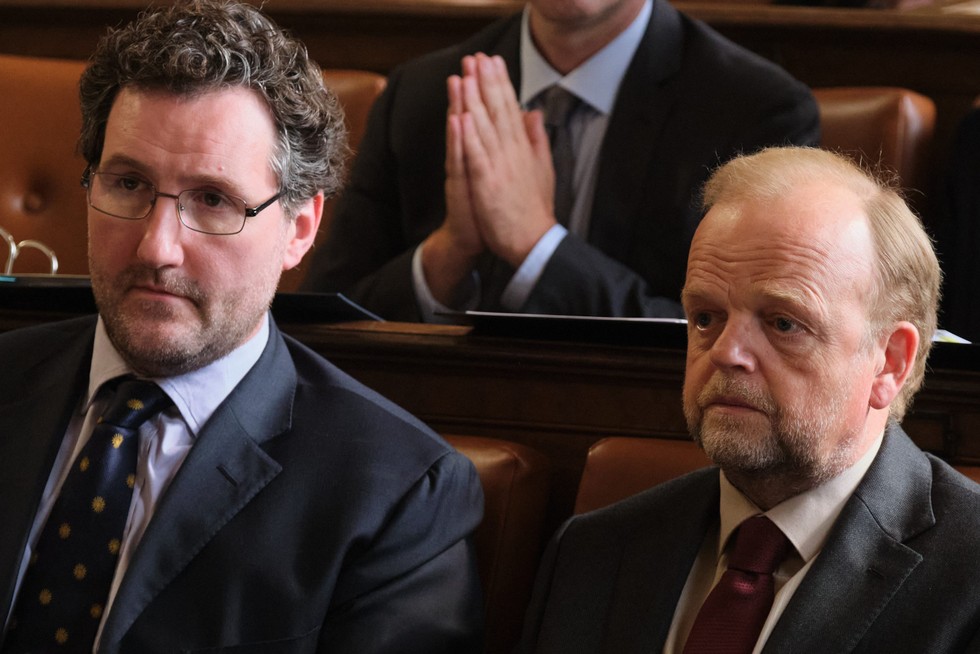Cross-posted on the website Justice Not Profit
The German Bar Association (BRAK) is weighing-in on the European Parliament’s draft report on responsible private funding of litigation. The Parliament’s report, authored by German MEP Axel Voss, recommends an EU directive to sensibly regulate third party litigation funding (TPLF).
BRAK supports the European Parliament’s efforts and even takes it a step further. In comments posted on its website, BRAK suggests the Directive regulating TPLF should be even stricter.
For example, BRAK wants the directive to clarify the definition of litigation funders so that all companies that offer litigation funding be included in the definition, and not just those that offer litigation funding as their primary source of business. The text as of now is vague on this point. This change would be important to also cover TPLF provided by legal techs, debt collectors and/or insurance companies.
BRAK also recommends agreements with TPLF providers only be valid if the contract is made with the claimants or consumers, and not just with the claimants’ lawyers or claims foundations. This change is seemingly meant to address the major issue with disclosure of litigation funding agreements. Claimants are often kept in the dark about who is controlling their claim and who is entitled to a share of their award.
Also regarding TPLF agreements, BRAK is against any funder influence on litigation whatsoever and wants stronger protections to this end. Moreover, BRAK suggests a specific clause should be included prohibiting a litigation funder to influence the conclusion of a settlement or to make it subject to consent or approval.
Protecting the claimants’ interests is at the heart of MEP Voss’ proposed TPLF Directive. In the proposal, funders must show a fiduciary duty to claimants and commit to treating them fairly, similar to the duties lawyers and insurers have. BRAK thinks this provision could be taken a step further and should be monitored and enforced.
MEP Voss’ report also has a capital adequacy requirement, which would empower supervisory authorities in the EU Member States to verify whether litigation funders have adequate financial resources to fulfil their liabilities under their funding agreements. In addition to this requirement, BRAK suggests that a compensation or default fund be put in place. Litigation funders would pay a designated amount into the fund in order to protect claimants/consumers in case the funder is no longer able to finance the case, for example, if it becomes insolvent.
And when it comes to the funders’ share of any eventual award or settlement, BRAK suggests reducing the funders’ pay-out from the 40% suggested in MEP Voss’ proposal, down to 25-30%.
The MEP Voss and his colleagues on the Parliament’s Legal Affairs Committee are debating these and other important details now. A vote on the proposed TPLF report is expected later this year, after which it will be voted on by the plenary of the Parliament.



